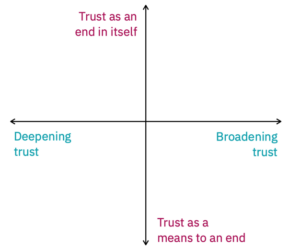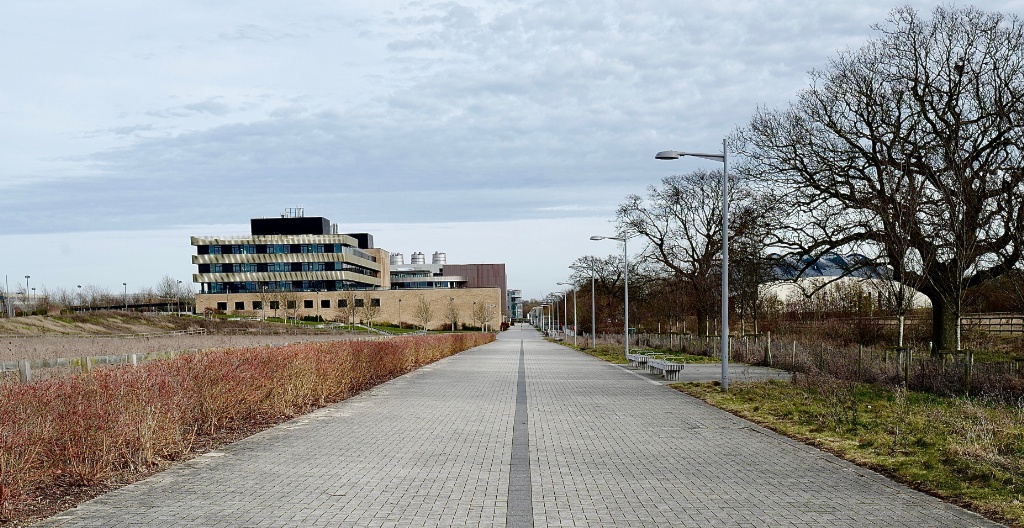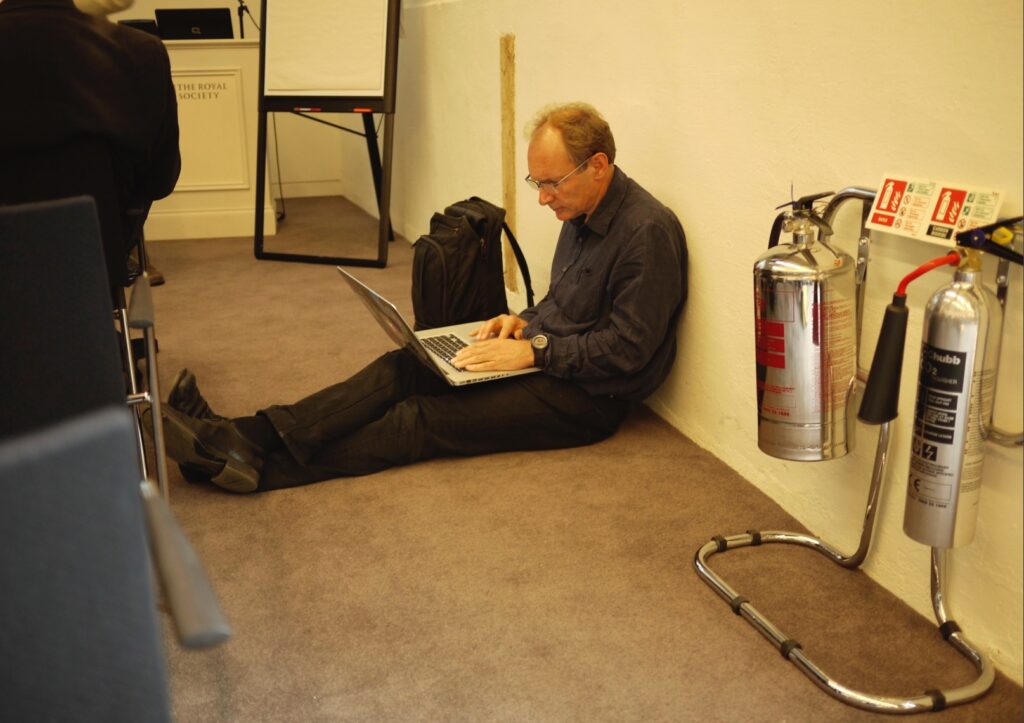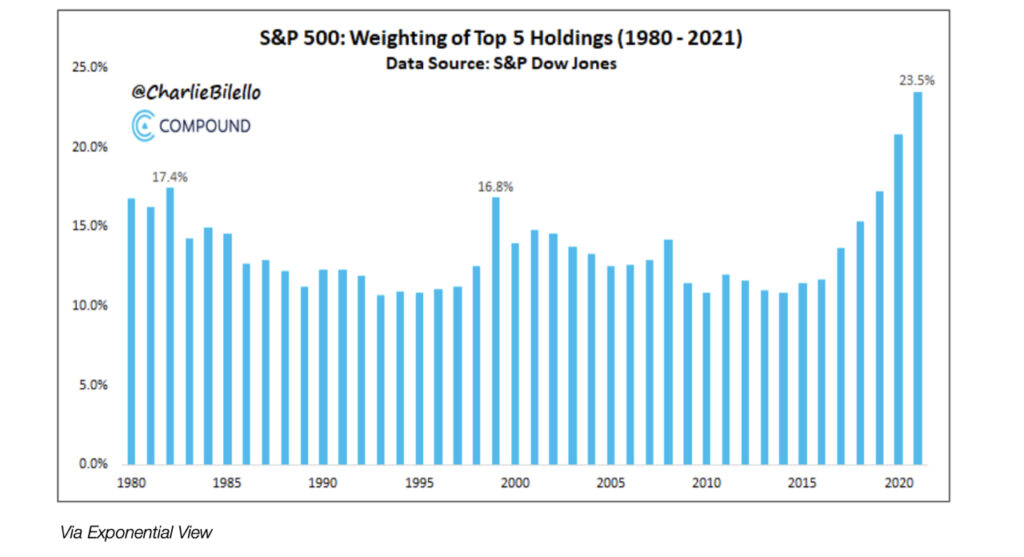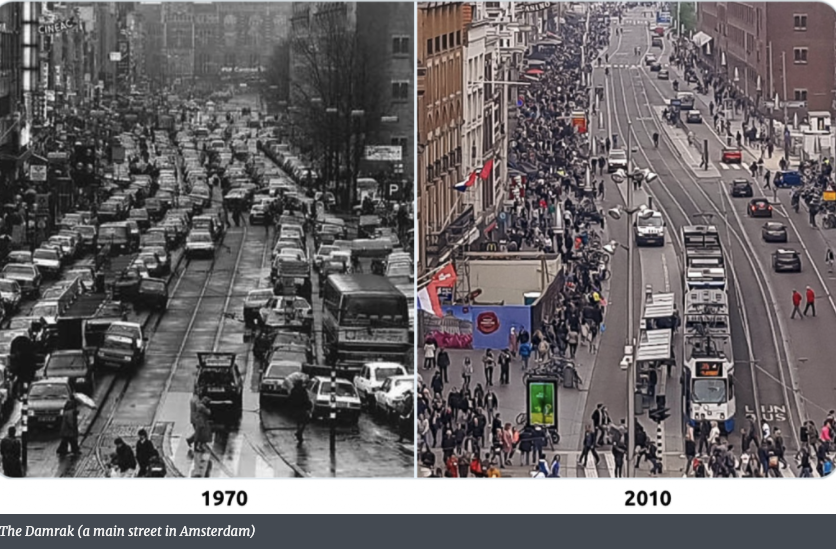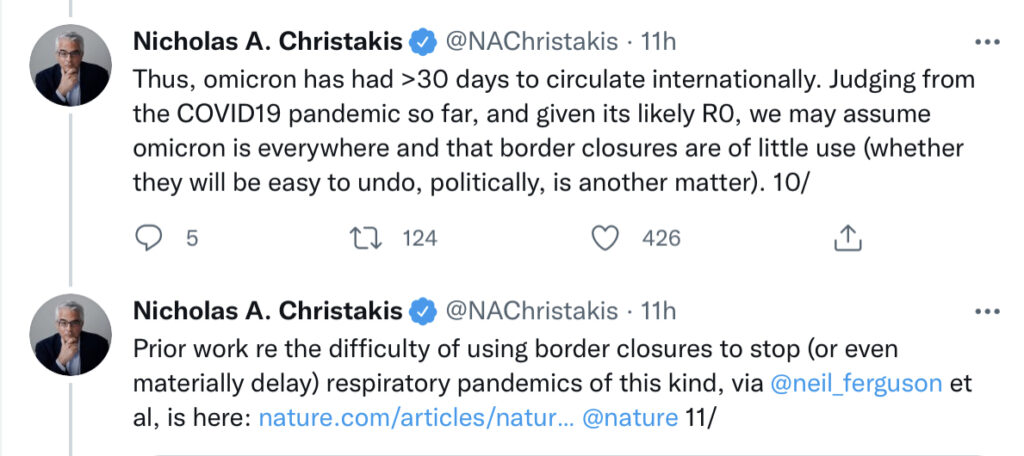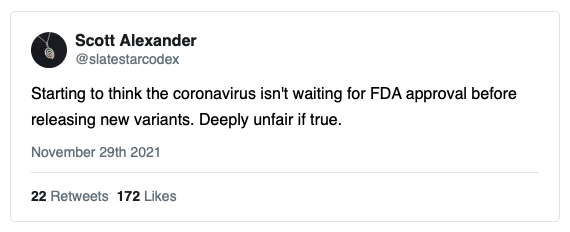In a topiarist’s garden

Quote of the Day
“If I don’t like the way the times are moving, I shall refuse to accompany them”
- John Mortimer
Musical alternative to the morning’s radio news
Vivaldi | Nulla in mundo pax sincera | Marie Lys
13 blissful minutes before breakfast.
Long Read of the Day
Visualising the end of the American republic
In his book, How Democracy Ends, my colleague David Runciman makes the point that democracies don’t fail backwards (which is why, for example, analogies with the Weimar Republic or the Colonels’ coup in Greece are misleading.) If our democracies fail, they will fail forwards — which is why concerned citizens need imaginative vision to see where the danger comes from.
This sobering essay by George Packer argues that to fend off the threat by the Republican Party — which increasingly looks like now a subsidiary of the Trump organisation — US citizens will need to practice “envisioning the worst”. For example:
If the end comes, it will come through democracy itself. Here’s one way I imagine it could happen: In 2024, disputed election results in several states lead to tangled proceedings in courtrooms and legislatures. The Republican Party’s long campaign of undermining faith in elections leaves voters on both sides deeply skeptical of any outcome they don’t like. When the next president is finally chosen by the Supreme Court or Congress, half the country explodes in rage. Protests soon turn violent, and the crowds are met with lethal force by the state, while instigators firebomb government buildings. Neighborhoods organize self-defense groups, and law-enforcement officers take sides or go home. Predominantly red or blue counties turn on political minorities. A family with a Biden-Harris sign has to abandon home on a rural road and flee to the nearest town. A blue militia sacks Trump National Golf Club Bedminster; a red militia storms Oberlin College. The new president takes power in a state of siege.
Few people would choose this path. It’s the kind of calamity into which fragile societies stumble when their leaders are reckless, selfish, and shortsighted. But some Americans actually long for an armed showdown…
Do read it.
Elon Musk: Henry Ford 2.0?
Yesterday’s Observer column:
Enormous wealth, like power, acts as an aphrodisiac that warps people’s perceptions of those who possess it: it’s as if they’re surrounded by a reality distortion field. Similar force fields have enveloped Bill Gates and Steve Jobs in their time and now it’s Musk’s turn. Because he’s uncommonly voluble on social media, especially on Twitter, where he has 65.7 million followers, his every utterance is assiduously parsed by besotted fans (all of whom call him “Elon”, as if he were a buddy of theirs). This gives him an influence way beyond that of any other corporate executive, influence that, on some occasions, even affects global financial markets through what the normally sober Financial Times calls the “Tesla-financial complex”. A closer examination of his Twitter feed, though, yields an impression of a really complex individual: a baffling combination of formidable intelligence and ungovernability – part visionary, part genius, part fruitcake and part exploiter of tax loopholes and public subsidies. And it raises the question: what (or where) is the real Elon Musk?
The answer, I suspect, lies in his mastery of the business of manufacturing complex products…
Finding time to write
A nice impressionistic piece about the day jobs that some writers have.
Here’s the construction worker on when he writes:
On breaks I write first drafts on my cellphone with my thumbs—sitting in the work truck or in the machine shop. At the end of the day when everybody else is fighting to get out of the parking lot, I write for twenty more minutes. It adds up. When I get home, I edit that day’s work on a laptop or retype it on my typewriter. Later I retype that back into the laptop again and then send it somewhere.
Makes me feel guilty if I have writer’s block, sitting in a comfortable, book-lined study.
What is Trump really worth?
Nice column by Jack Shafer:
What is Donald Trump really worth to a business?
He’s known for making lavish claims about what his “brand” is worth. Others have punctured his estimates as wildly inflated, especially since the reputational hits he took at the end of his presidency. But now we have a new kind of answer, thanks to investors. The Trump aura alone — at least to a media startup — appears to be worth a neat $1 billion.
That’s how much secret financiers are investing in Trump’s newly formed Trump Media & Technology Group, which is going public by merging with a shell company called Digital World Acquisition. TMTG, as Bloomberg Opinion’s Timothy L. O’Brien and Matt Levine explain, has no products, no revenue, no cash flow, no known intellectual property, no big names attached and no “clear business plan,” only a wispy promise to build a new social media network (Truth Social) to take on Twitter, Facebook, Amazon and other tech companies.
And yet the company has excited traders enough to boost its current market value to more than $2 billion. You might think that this means the Trump brand is actually worth $2 billion, but you’d be wrong: The speculative run-up of the stock is a reaction to the $1 billion the Trump brand attracted, not to the Trump brand alone.
The company’s CEO is a guy called Nunes — a soon-to-retire Republican member of Congress who has degrees in agriculture science and lots of experience running his family’s dairy farm, but no tech background. How’s that for the CEO of a ‘media’ company! Somehow, I don’t think that the Fox News crowd are all that worried.
The key question — as Shafer says — is who’s put up the money. Who are these ‘investors’? The Saudi Sovereign Wealth Fund? Some Russian oligarchs? The Koch brothers? Since Trump will run for president in 2024 it’ll be important to know who will have him on the hook. And for what?
It could be, of course, that said ‘investors’ have simply been had: that their investments will really just fund Trump’s debts and campaign costs for 2024.
My commonplace booklet
-
Byline TV looks interesting.
-
Pondering the current obsession with the ’metaverse’ idea I was suddenly reminded of a quote by Douglas Adams (of blessed memory): “There’s a set of rules that anything that was in the world when you were born is normal and natural. Anything invented between when you were 15 and 35 is new and revolutionary and exciting, and you’ll probably get a career in it. Anything invented after you’re 35 is against the natural order of things.” (Thanks to Quentin for reminding me.)
This Blog is also available as a daily email. If you think that might suit you better, why not subscribe? One email a day, Monday through Friday, delivered to your inbox. It’s free, and you can always unsubscribe if you conclude your inbox is full enough already!


